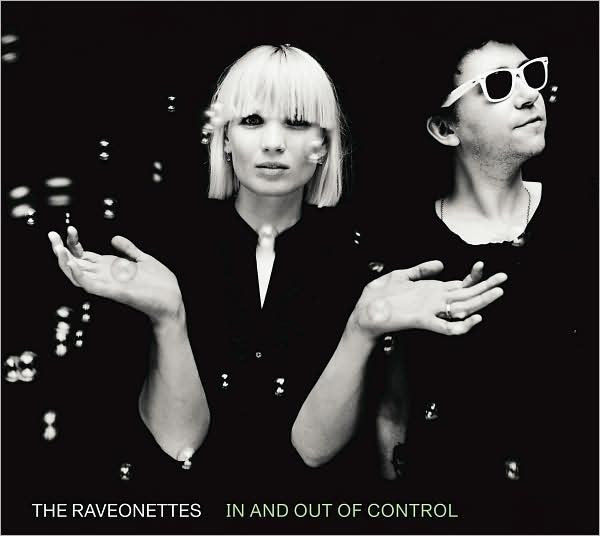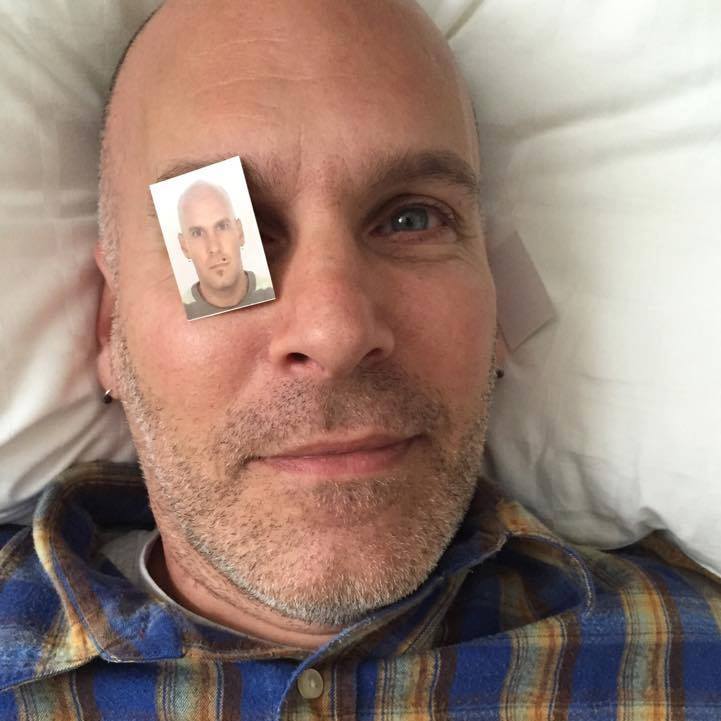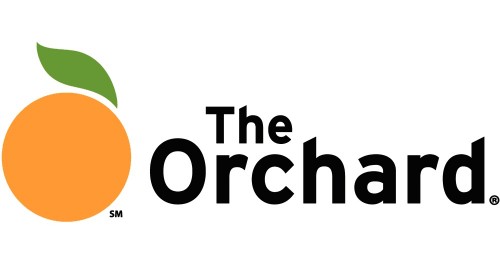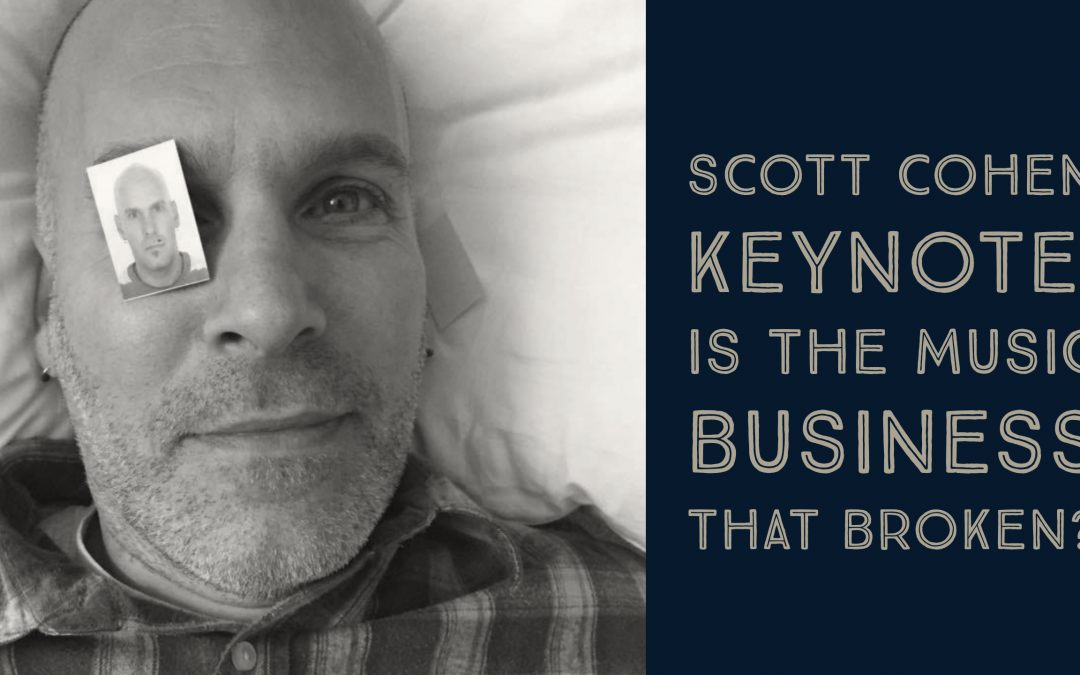Befor the keynote: Is the music business that broken?

Scott Cohen keynote at SPOT aims at challenging the prophets of doom and gloom in the music industry
By Henrik Friis
Scott Cohen is an American living in England, co-founder of the world’s largest digital distributor The Orchard with offices in more than 30 countries, manager of several acts (including The Raveonettes which he got in touch with via SPOT), a lecturer of new business models for the digital age, media advisor etc., etc.
At SPOT Scott Cohen is to do the SPOT+ opening keynote Friday May 11th, called ”The Music Business Is Broken And I Know How To Fix It”. We have skyped Cohen to ask him, if the situation is really that bad. And if so, what can be done about it?
– The purpose of the keynote is to say that the music business is actually healthy: The eco system for it is actually thriving and helping artists, and labels and consumers and music services like Spotify – it all seems to be working for everybody as an industry, says Cohen.
– There are always winners and losers, but that is not because of it being 2018: It was also true in 1965. People wanted to be famous, and many weren’t…
– It doesn’t mean that there are no challenges that we still need to face. And there are still things we need to examine. There are a lot of complaints, but they all complain about the wrong things.
What do they complain to you about, mostly?
– Everything. All the time I get companies coming to me saying “The Music Industry is broken – I have solved it, I know what the problem is”. “There is a lack of transparency for this”, or “labels should be doing that”, or “artists don’t get paid” or… but it is not really true.
– Artists get paid a lot. Ask Justin Bieber or Ed Sheeran. The record companies are fine – they don’t need to change their business. But they think they need to change their business – because they feel they’re on the outside of a world moving in new technological directions with VR and AR and big data. It takes the focus off the real challenges of implementing analytics and data in reaching the consumers. So how are we doing that? Certainly not by trying to fix something that isn’t broken.

Scott Cohen is manager for the Danish duo The Raveonettes, whom he got in touch with because of SPOT
“In any era big stars made lot, and everyone else didn’t”
Ok. Justin Bieber, Ed Sheeran, etc. still make money, but what about the smaller acts. Didn’t they get more money in the days of physical sale compared to the streaming world we have today?
– It’s not true. A successful artist in 1955 would have been Elvis Presley. And everyone else who said ”I play rock’n’roll” said: ”How come I don’t make as much as Elvis? And the Beatles, and Michael Jackson, and Madonna and Metallica and…”. In any era big stars made lot, and everyone else didn’t.
– All those people, who says they made a lot of money: “I used to sell 10,000 cd’s”. Ok. I remember the days of selling 10,000 cd’s – how much did it cost to record that album? ‘Cause it wasn’t “free in your bedroom” back in the day and a time, when indie bands could sell that many records. And how did you market them with no internet and social media? So you paid PR and radio, you did mailings and you shifted to stores … it was fucking expensive.
– So even if you said you sold 10,000 cd’s at 10 dollars a piece – that’s a hundred grand. But it cost you 20,000 to record, 20,000 to manufacture… and all of a sudden it goes that you maybe made 10,000 in profit. Then your manager took a commission, and after that you split the leftover among four bandmembers, and everyone get what – 2000 dollars??? So in the days of selling 10,000 copies, nobody quit their day job. Nobody. They only remember ”I sold 10,000” – they forget how much it cost to sell 10,000…
“When was the last time you felt an artist just went for it and changed the paradigm”
What is your advice to the musicians of 2018?
– I would say, that the biggest thing that artists should focus on is making great music. Cause when was the last time that you heard something that made you go ”Holy shit”. It’s not because you are old, but back in the late 60’s and early 70’s when I was just a child, you had artist that were going ”how am I gonna blow people’s minds?
– Jimi Hendrix, Pink Floyd, The Beatles – they were on this mission to say ”I’m going to blow their fucking minds, I’m gonna write and record shit stuff, and I’m gonna take them to a place they have never considered in their life”. When was the last time you felt that about music? I miss that completely: When was the last time you felt an artist just went for it and changed the paradigm… and the music industry changed?
But we don’t really know if there is somebody out there really trying to blow our minds. Maybe they are not even heard – because there is so much out there??
– Yeah, for better or worse we solved the problem of artist being able to make music cheap or for free and to put it out to the world. That problem has been solved and maybe it created a new problem – there is so much that you can’t hear anything…
“My cat is funny, and nobody saw it…”
So what can be done? Do we need more people to curate the music – to tell us where to go?
It’s interesting that you say that, because I would say that if you ask a consumer, “Do you have a problem finding music” they would say, “No”. They would say, “I go on Spotify and YouTube – I follow certain blogs – I have no problem at all.
They don’t have any problems finding music: It is the artists, that aren’t successful, that think that the problem is that the consumers can’t find their music. From a consumers perspective… they have enough:
– Do you have any problems finding shows on Netflix? No. Do you want to find YouTube videos about cats – do you have trouble finding videos of cats that you think are funny? No. Except the person that says, ”well my cat is funny, and nobody saw it…”
– When DJ’s were picking music, they were still part of the tunnel for making music, and then it got to people that had record-labels, and managers – and then they could bring it to them. But now we are actually in a place that this job can’t be handled by a human. Let’s say: there are 30 million 3 minute songs – that equals 90 million minutes worth of music. Figure out how many minutes in an hour or in a day… it would take you 2000 years to listen to all the music. So before you can recommend music, you’ll have to listen to it. And then you have to know the musical taste of a hundred million people. There is no human being that can do this – only a machine can look at the music and look at the end user and try to pair that up.

“if you want to find the needle in the haystack, a human won’t find it”
How will the machine be able to find the new Pink Floyd if they are producing mind-blowing music in a total other musical direction?
– But how will the person be able to find it? I would actually think, that a machine would have a better chance of finding the music than a person finding it – because a machine has unlimited time. The person has limited time – so how would you find it? How many songs can you listen to in a day? I think that if you want to find the needle in the haystack, a human won’t find it.
What are the real problems of the business in your mind?
– Again: With any industry in the world – if you ask the people that have failed versus the people that have succeeded, you get different answers. You open a restaurant called Noma. It’s wildly successful. The whole world ask about it… is there a problem? No!! But for the restaurant that closed last month…. ”ah, it’s terrible… the industry is against us, tax laws don’t work” – they’ve got a million excuses – the whole world is against them”.
So you are saying that the situation is exactly the same as it has been all the time, it’s just the technology that changes and develops.
– Yes, the way people discover music, the way they consume music, the way they pay for the music – the platform – all that changed. Even the style of music changed – but there are still winners and losers.
One important question is still: How do you break through the noise. How do you build an audience? It´s 2018, you have a new artist, what are you gonna do? Ten, eight even six years ago social media was the answer, according to Scott Cohen – “because most artists weren’t using it effectively. But today”?
– They’ll say: “I’ll do some stuff on Facebook, Twitter, Instagram”. Yeah, everybody does that. “I’ll post some shit..” Yeah, everybody posts shit. That’s not a strategy anymore. So how are you gonna build an audience? How are we gonna let the world know?
“We need to go where the people are”
As an example Scott Cohen mentions the campaign he’s planning at the moment for English Dan Owen, signed to Atlantic Records.
– Dan Owen comes from the country side of the UK – a place called Shropshire near Shrewsbury. Nearly a village but not a city or anything. We need to go where the people are, so if we want to reach teenagers – where are teenagers? One of the places they are, are at school. There are 2 schools there – each school has got a thousand students. So he’s going up on stage to give an inspirational talk, telling the story of 3 songs and then play 3 songs.
– 3 songs, 3 stories, half an hour. You reach a thousand students in his hometown, saying here’s a hometown hero: how do we support him?

Dan Owen (picture) is one of the artists Scott Cohen is working with right now
The campaign includes a deal with the local brewery, which owns 50 pubs in the area. The Brewery is going to make a beer, that Dan Owen is gonna make craft with his name. The bartenders will say to their costumers ”I’ll give you this pint of beer for free, if you pre-order – on iTunes, the new Dan Owen album.” Doing that that a hundred times in a pub over a two-month period will result in 5,000 albums – pre-sold, Scott Cohen says:
– That alone will probably put you number 5 on the charts in the UK. Certainly in the Top 10. Then we are creating different versions of the album, physical, vinyl, cd, vinyl, plus download. Its not only a digital campaign: It’s hand on – touch the consumer. He is going to do a tour on the coastline, going into non-traditional venues. He is going to meet the people – and then that message will spread on social media with great video content, saying, “Hey – look what happened this week” etc..
“Get your boots on the ground, do something, capture that, amplify it”
– What I’m saying is: We are making sure that the physical part – and I don’t mean a cd – but the physical actually getting out there and touching people-component that goes along with the digital campaign. The digital campaign amplifies what somebody is doing on the ground. You can’t only sit behind a computer and run a campaign anymore – you could have five to ten years ago, but now: Get your boots on the ground, do something, capture that, amplify it.
– And I just gave you a snapshot of the campaign. So if we get this campaign right, when the album comes out in August, we will have sold over 5,000 pre-orders, which will then trigger old school stuff like radio and press to go ”Holy shit – two months before his albums drops, and he’s already a top five release, he’s playing on the radio”. And all of a sudden, the streams go up and more preorders, which gets him over 10,000 – and now he is kinda challenging for number one.
Yes, yes, yes: Of course it all has to line up in place – it doesn’t mean it will succeed. But that’s the idea. We are calling this ”Operation Farage” – as in Nigel Farage (who we don’t like!). But he has spearheaded the Brexit movement in the UK: The idea was everyone just assumed “Why would you vote for Brexit? We love the UK, it’s multicultural – it is all these amazing things. We travel back and forth to Europe”… Actually, that’s what London thinks, that’s what Manchester thinks, and Edinburgh and Glasgow. But NOT in Shropshire. When you move out to the country side, they don’t give a fuck about what’s happening in London: ” We are not gonna be ruled by London or Brussels. We have our own lives”. So what we are gonna do with Dan is: instead of trying to break him in London, we are going where nobody else is paying attention:
Ed Sheeran has never set foot – not even a toe – in Shropshire, or any of those other ’shires. There’s no place he would tour there, there’s no promotion he would do there – all those people, we don’t pay attention to them. This was the mistake of Brexit: We didn’t pay attention to half the fucking country. So for this artist, that’s our strategy. ”Operation Farage”: we are gonna go out, where nobody else goes. People will feel incredibly appreciated, we hope, that there’s an artist, signed to Atlantic with budgets coming in and doing shit where every other artist has ignored it.
Time will show if Cohen’s plan works out. But if you don’t try, you’ll get nothing. Let’s repeat his quote: ” Get your boots on the ground, do something, capture that, amplify it”.



